Introduction
In recent years, prefab homes have gained significant traction in the housing market, captivating both first-time buyers and seasoned investors alike. These innovative dwellings offer a modern solution to traditional home-building challenges, prompting many to ask: are prefab homes worth it? With their unique blend of efficiency, affordability, and sustainability, it's no wonder that companies like PreFab Inc. are at the forefront of this architectural revolution.
Understanding Prefab Homes Today
Prefab homes, short for prefabricated homes, are constructed off-site in a factory setting before being transported to their final location for assembly. This method allows for a streamlined building process that can reduce construction time significantly compared to conventional methods. Understanding what prefab homes entail is essential for anyone considering the question: are prefab homes worth it?
The Rise in Popularity of Prefab Homes
The surge in popularity of prefab homes can be attributed to various factors including rising housing costs and an increasing desire for sustainable living options. As more people seek affordable yet stylish housing solutions, the appeal of these pre-manufactured structures continues to grow. This trend has led many potential homeowners to explore whether investing in a prefab home is truly worthwhile.
What Makes Prefab Homes Attractive
Prefab homes stand out not just for their cost-effectiveness but also for their design flexibility and environmental benefits. They often feature modern aesthetics and customizable layouts that cater to diverse tastes while promoting energy efficiency through sustainable materials and construction practices. With so many advantages on the table, it's clear why many individuals ponder: are prefab homes worth it?
The Cost Factor
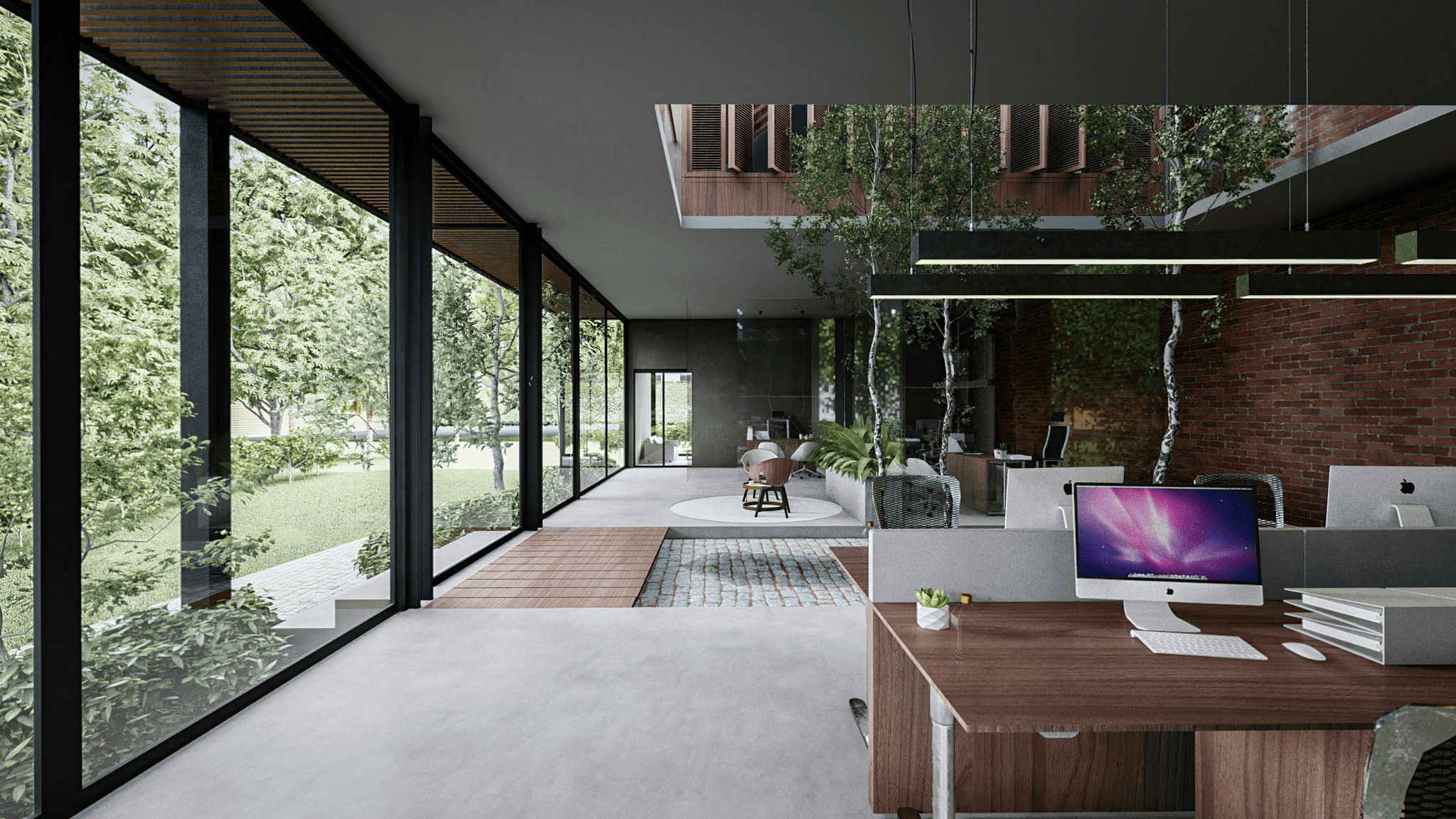
When considering a new home, the cost factor often looms large in the decision-making process. Prefab homes have gained traction for their potential affordability compared to traditional construction methods. However, understanding the nuances of these costs is essential to determine if prefab homes are worth it.
Comparing Costs: Traditional vs. Prefab
The first question many prospective homeowners ask is: how do prefab homes stack up against traditional builds? On average, prefab homes can be significantly less expensive to construct due to streamlined manufacturing processes and reduced labor costs. While traditional homes might feature higher upfront costs for land and materials, prefab options often include a more predictable price tag, making it easier to answer the question: are prefab homes worth it?
However, it's important to note that while initial costs may be lower for prefab constructions, factors such as location and customization can influence the final price. Homebuyers should carefully evaluate their needs and preferences when comparing these two options. Ultimately, understanding both sides will help you make an informed decision about your investment.
Budgeting for Your Prefab Home
Budgeting for a prefab home can feel like navigating a maze—exciting yet daunting! Start by establishing a clear budget that accounts not just for the base price of the home but also for land acquisition and site preparation costs. Knowing how much you’re willing to spend will help you determine if prefab homes are worth it in your specific situation.
Consider working with PreFab Inc., where expert guidance can assist you in navigating financing options tailored for your budgetary needs. Additionally, remember that while some customization features may come at an extra cost, they could enhance your living experience significantly—so weigh those decisions wisely! A well-planned budget will not only keep you on track financially but also ensure that your dream home becomes a reality without breaking the bank.
Hidden Costs of Prefab Homes
While prefabricated houses often boast lower overall expenses than traditional builds, hidden costs can sneak up on unsuspecting buyers like uninvited guests at a party! These may include site preparation fees, utility connections, or even permit expenses that weren't initially considered during budgeting discussions. Identifying these potential pitfalls early on is crucial in answering whether or not are prefab homes worth it.
Moreover, transportation fees related to moving components from factory to site can add unexpected amounts to your final bill—especially if you're building in remote areas! It's wise to conduct thorough research and consult with PreFab Inc.'s experts about all possible expenses before committing fully to any project. By anticipating these hidden costs upfront, you'll avoid unwelcome surprises down the line and enjoy peace of mind throughout your building journey.
Quality and Construction
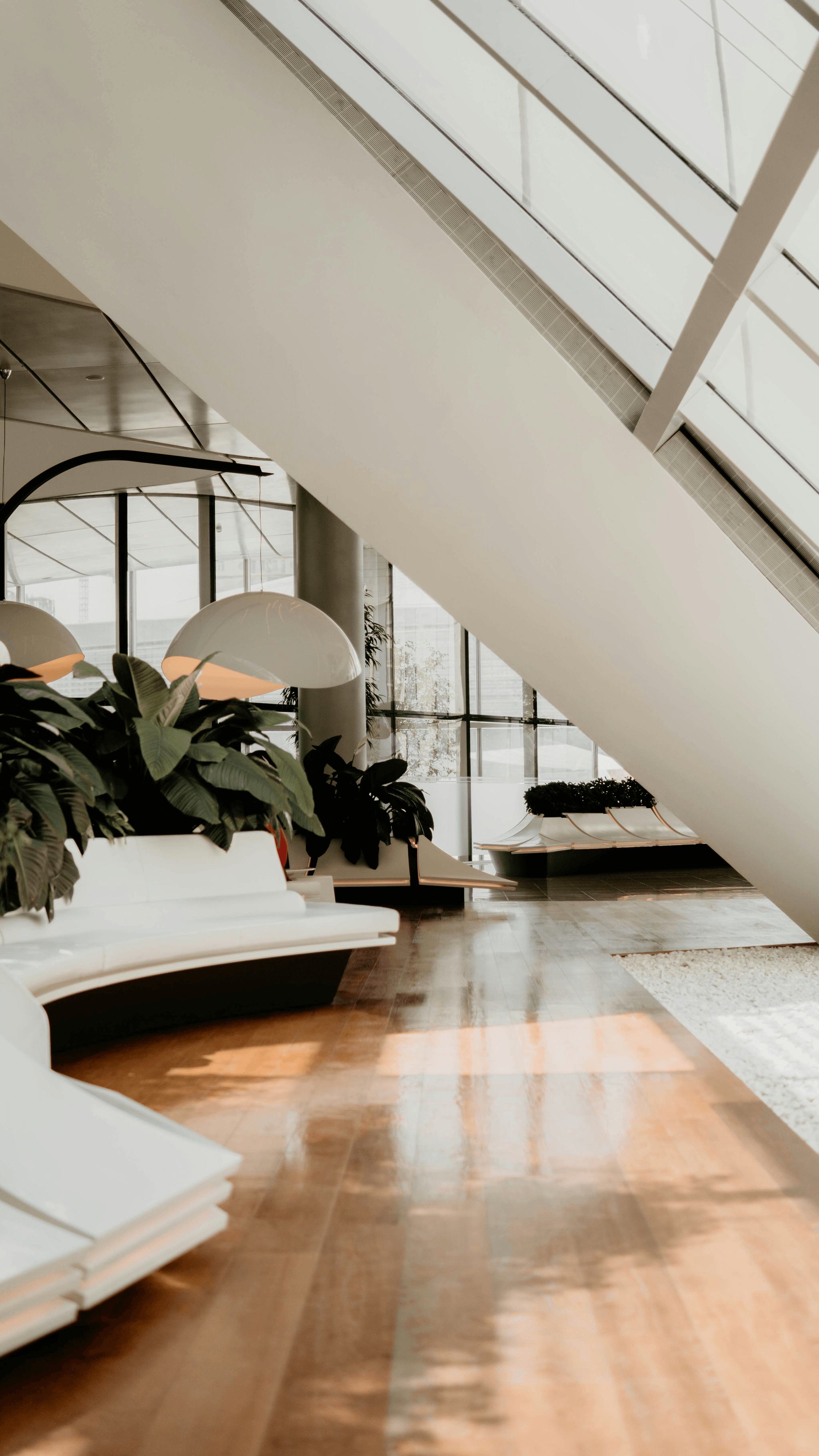
When diving into the world of prefab homes, one of the most pressing questions is whether these structures are built to last. With advancements in technology and building techniques, many prefab homes now rival traditional homes in durability and quality. However, potential buyers often wonder: are prefab homes worth it in terms of longevity?
Are Prefab Homes Built to Last?
Prefab homes have evolved significantly over the years, and many are constructed using high-quality materials that ensure longevity. Unlike earlier models that may have suffered from stigma regarding their durability, modern prefab designs incorporate robust engineering practices that enhance structural integrity. So, when pondering are prefab homes worth it? consider that many manufacturers, like PreFab Inc., focus on creating homes that withstand the test of time.
Materials Used in Prefab Construction
The choice of materials plays a crucial role in determining the quality of any home, and prefab constructions are no exception. Commonly used materials include steel frames, advanced insulation systems, and sustainable wood products—each selected for their strength and efficiency. By utilizing high-quality materials, companies such as PreFab Inc. ensure that their structures not only meet but often exceed industry standards for safety and longevity.
Quality Control in Prefab Development
Quality control is paramount in prefab construction to guarantee that every home meets strict guidelines before reaching its final destination. Manufacturers implement rigorous testing protocols during various stages of production to ensure consistency and reliability throughout the build process. This attention to detail raises an important question: when evaluating whether are prefab homes worth it, consider how companies like PreFab Inc. prioritize quality at every step—from design through delivery.
Design Flexibility
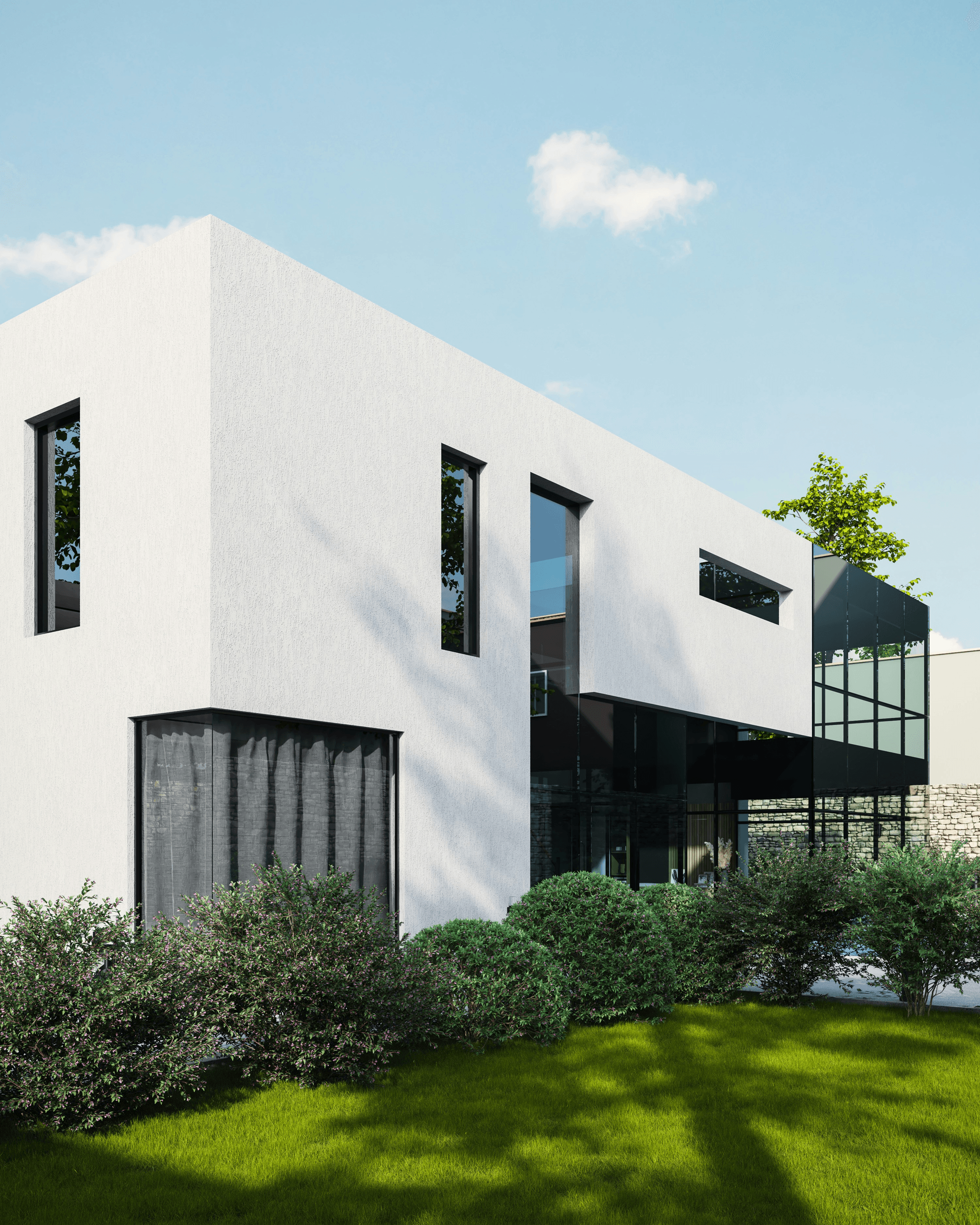
Prefab homes have come a long way from their humble beginnings, offering a level of design flexibility that many traditional homes simply cannot match. With advancements in construction technology and a growing demand for personalized living spaces, homeowners can now tailor their prefab homes to fit their unique lifestyles and aesthetic preferences. This adaptability raises the question: are prefab homes worth it? The answer often lies in the customization options available.
Customization Options with Prefab Homes
One of the most appealing aspects of prefab homes is the vast array of customization options they offer. Homebuyers can select everything from floor plans to finishes, allowing them to create a space that truly reflects their personality and needs. PreFab Inc. excels in providing clients with an extensive catalog of designs and features, ensuring that your dream home isn’t just a cookie-cutter model but rather a unique expression of who you are.
Moreover, many manufacturers now provide online design tools that let you visualize your choices before committing financially or physically to the build. This not only enhances customer satisfaction but also makes it easier for buyers to assess whether investing in a prefab home is right for them—are prefab homes worth it? With so much flexibility at your fingertips, it's hard not to see their value.
Popular Design Trends in Prefab Housing
As we explore what makes prefab homes attractive, it's essential to consider current design trends shaping this industry. Minimalism continues to be popular; clean lines and open spaces create an inviting atmosphere while maximizing functionality. Eco-friendly materials and energy-efficient designs are also trending, aligning perfectly with modern homeowners' values—especially those who ponder whether are prefab homes worth it as sustainable options.
Another exciting trend is the integration of smart home technology into prefab designs, making these houses not just stylish but also incredibly functional. Features like automated lighting systems and advanced security measures appeal to tech-savvy buyers looking for convenience without sacrificing aesthetics. PreFab Inc.'s commitment to staying ahead of these trends ensures clients can enjoy contemporary comforts while embracing innovative living solutions.
Balancing Aesthetics and Functionality
Finding harmony between aesthetics and functionality is crucial when designing any home, especially when considering if are prefab homes worth it in terms of livability and style. The best designs seamlessly blend beautiful elements with practical features that enhance everyday life without compromising visual appeal. For instance, large windows can flood spaces with natural light while offering stunning views; however, they must also be energy-efficient to keep utility costs down.
PreFab Inc.'s approach emphasizes this balance by collaborating closely with clients throughout the design process—ensuring every choice aligns with both form and function goals. By prioritizing user experience alongside aesthetic desires, homeowners can confidently invest in a space that meets all their needs without sacrificing style or comfort—a true testament to why are prefab homes worth it for so many individuals today.
Environmental Impact

Prefab homes are increasingly recognized for their positive environmental impact, aligning with the growing demand for sustainable living solutions. As more people consider whether prefab homes are worth it, they often find that these structures not only offer modern aesthetics but also contribute to a healthier planet. With innovations in construction and design, prefab homes stand out as a viable option for eco-conscious homeowners.
Sustainability of Prefab Homes
When discussing sustainability, prefab homes shine brightly in the spotlight. The off-site construction process minimizes waste and optimizes resource use, making them a greener alternative to traditional building methods. Additionally, companies like PreFab Inc. prioritize sourcing sustainable materials, ensuring that your dream home doesn’t come at the expense of Mother Earth—definitely something to consider when pondering if prefab homes are worth it.
Energy Efficiency Advantages
Energy efficiency is another compelling reason why many ask if prefab homes are worth it. These homes often come equipped with modern insulation techniques and energy-efficient appliances that can significantly reduce utility bills over time. By investing in a prefab home from PreFab Inc., homeowners can enjoy lower energy costs while contributing to a reduction in overall carbon emissions—talk about a win-win!
Reducing Waste in Construction
One of the standout features of prefab construction is its ability to minimize waste effectively—a crucial factor as we grapple with environmental challenges today. Traditional construction methods often lead to significant material waste due to on-site errors and over-ordering; however, with prefabrication methods employed by PreFab Inc., materials are pre-cut and assembled in controlled environments, drastically reducing excess waste. So when you’re weighing whether prefab homes are worth it for your lifestyle choices, remember that choosing this route means you’re also making an environmentally friendly decision.
Financing and Resale Value
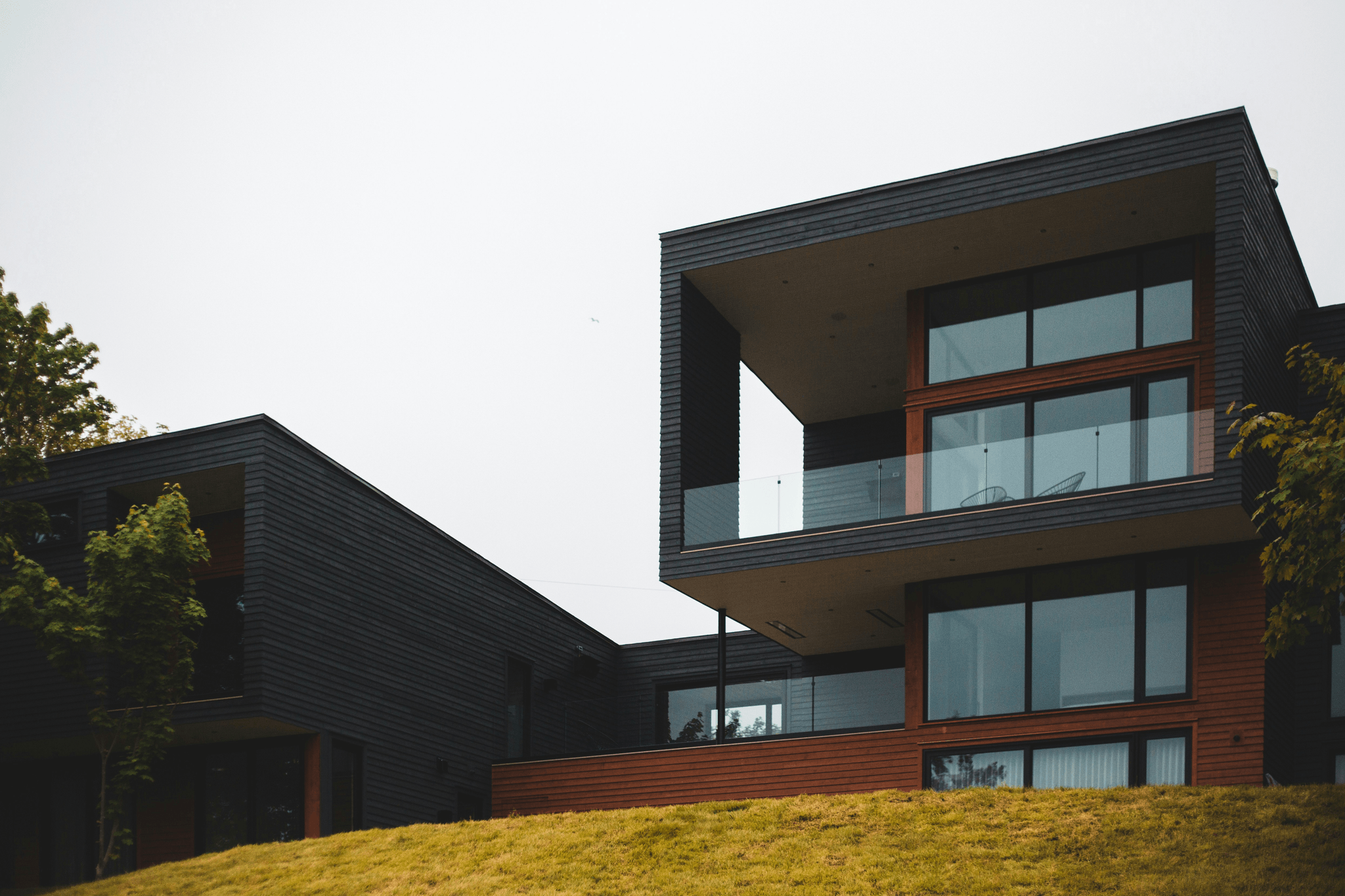
Navigating the financial landscape of prefab homes can be both exciting and daunting. With their growing popularity, many lenders are now offering various financing options tailored specifically for these modern dwellings. However, potential buyers should do their homework to ensure they understand the ins and outs of these financing avenues.
Financing Options for Prefab Homes
When it comes to financing prefab homes, buyers have several options at their disposal. Traditional mortgages may still be applicable, but some lenders offer specialized loans designed for modular or manufactured homes. Additionally, companies like PreFab Inc. often have partnerships with financial institutions that provide competitive rates and flexible terms specifically for prefab home buyers.
It's essential to consider factors such as down payments, interest rates, and loan terms when exploring financing options. Some lenders might require a larger down payment for prefab homes compared to traditional builds due to perceived risks. Therefore, understanding your budget and researching multiple lenders can help you secure the best deal on your new abode.
Resale Value Considerations
One of the most pressing questions potential buyers ask is whether prefab homes hold their value over time—essentially, are prefab homes worth it? The answer largely depends on location, market trends, and the quality of construction. In desirable areas where housing demand is high, well-built prefab homes can appreciate just like traditional houses.
However, it's crucial to note that not all prefab models are created equal; some may depreciate faster than others due to lower-quality materials or designs that don't resonate with buyers in the resale market. When considering resale value, working with a reputable company like PreFab Inc., which focuses on quality construction and appealing designs, can significantly enhance your investment's long-term worth.
Are Prefab Homes Worth It for Investors?
Investing in a prefab home can be a savvy move for those looking to diversify their portfolio or enter the real estate market without breaking the bank. Many investors wonder if are prefab homes worth it when compared to traditional properties; they often find that prefabs offer an attractive return on investment thanks to lower initial costs and quicker build times. This means investors can start generating rental income sooner than they might with conventional construction methods.
Moreover, as more people lean towards sustainable living solutions and affordable housing options become scarce in urban areas, demand for well-constructed prefab homes is likely to rise—making them potentially profitable investments in the long run. Companies like PreFab Inc., with their emphasis on high-quality materials and innovative designs, position themselves as leaders in this burgeoning market.
In conclusion, while there are many factors at play regarding financing options and resale values of prefab homes—especially when asking if are prefab homes worth it—the right approach can lead you toward a rewarding investment journey.
Conclusion
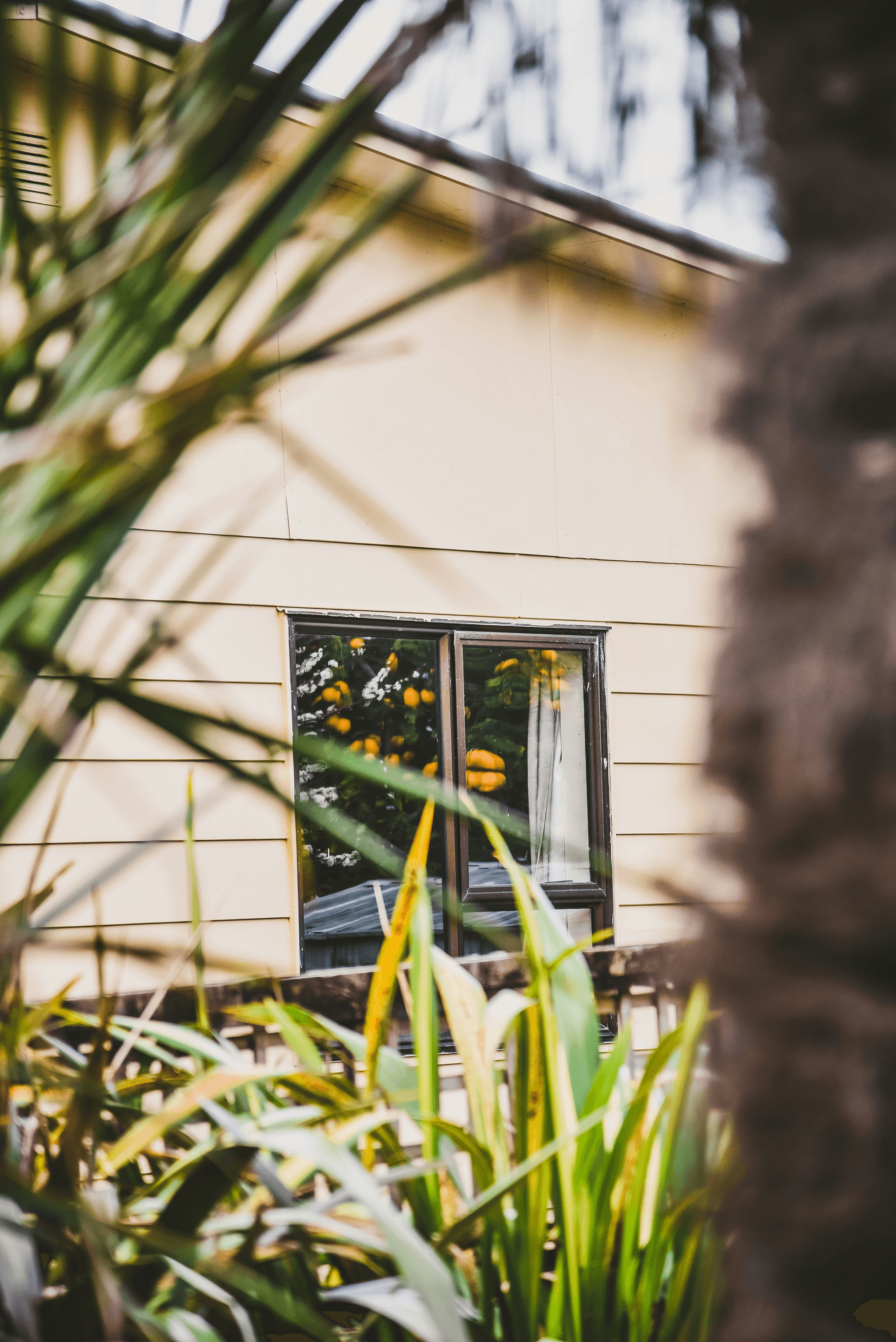
In wrapping up our exploration of prefab homes, it's clear that they offer a compelling alternative to traditional housing options. With their growing popularity, many are left wondering: are prefab homes worth it? As we've seen, the benefits extend beyond mere affordability and include sustainability, design flexibility, and quality construction.
Key Takeaways on Prefab Homes
Prefab homes have emerged as a viable solution for modern living, appealing to various demographics from first-time buyers to seasoned investors. They often provide significant cost savings compared to traditional builds while also allowing for customization that meets individual tastes and needs. When considering whether are prefab homes worth it, the answer leans heavily towards yes—especially when you factor in their energy efficiency and reduced construction waste.
Real-Life Success Stories from PreFab Inc.
At PreFab Inc., we’ve witnessed numerous success stories that highlight the advantages of choosing prefab housing. For example, one family transformed an empty lot into their dream home in just a few months, all while staying within budget and minimizing environmental impact. These real-life examples demonstrate not only the feasibility but also the desirability of prefab homes—showing potential buyers that indeed, are prefab homes worth it.
Future Trends in Prefab Housing
Looking ahead, the future of prefab housing appears bright with innovations on the horizon that could further enhance their appeal. We anticipate advancements in smart home technology integration and sustainable materials becoming more standard in these builds. As more people ask themselves if are prefab homes worth it, we can confidently say that with evolving trends like these, they will likely become even more attractive options for homeowners everywhere.

